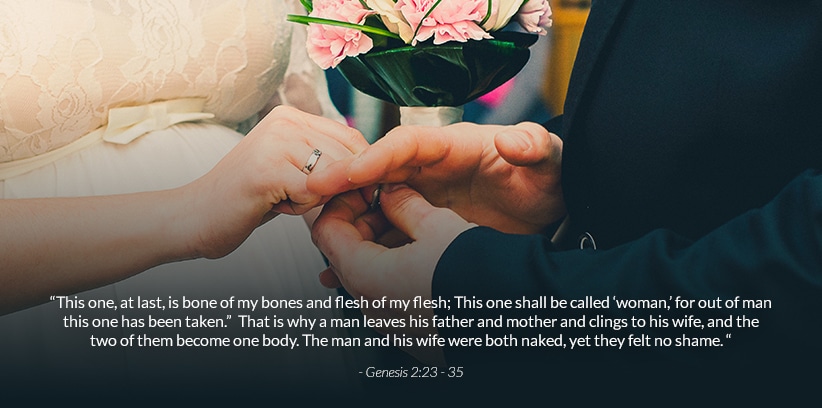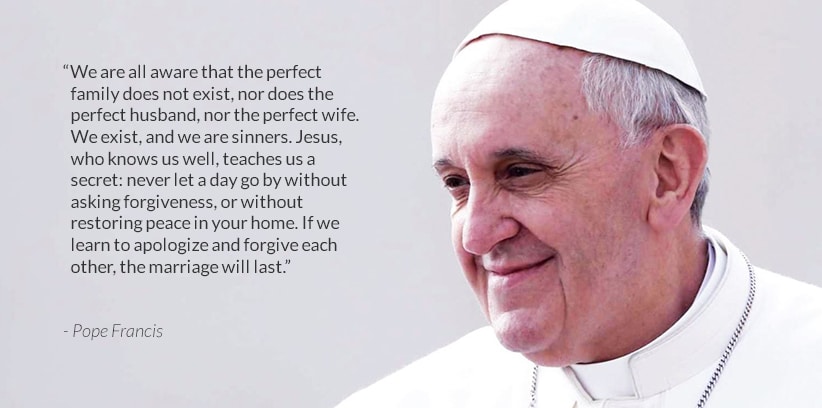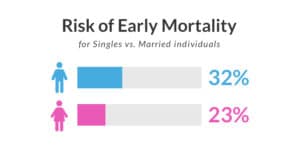If you are wondering why marriage hasn’t come together for you, don’t feel like the Lone Ranger.
There are lots of us.
One of the reasons happened outside your control: the pervading social culture.
Some of Them Tried to Warn Us
In the height of the “women’s liberation movement” during the 1970s, John Wesley Ryles crooned about the fortunes that would befall the “liberated woman”.
“She’s a liberated woman; she don’t lean on no one.
You won’t find her hiding in a shell.
But sometimes when it’s dawning, on the liberated woman,
She reaches across the bed, where no one lays his head,
And cries ’cause she’s lonesome as hell.”
After the Women’s Liberation Revolution: Gains and Losses
Between the extremes of the Jane Austen era of women’s desperation and the feminist era of women’s liberation, both sexes have suffered some debilitating deprivations.
Considering Ryles’ song with the benefit of several decades of hindsight, the tune was eerily prophetic. On the heels of the sexual revolution, women as well as men have opted out of marriage at an alarming rate. 45% of the adult population in the U.S. has never been married—the highest percentage of lifelong singles in history.
In the last several decades women have acquired culture-shifting advantages through access to education and unprecedented career opportunities.
Considering Jane Austen’s description of the desperate state of women in previous times, for whom marriage was necessary for survival, one might think matters have improved considerably. In those days, love was often beside the point. That fact alone allows us to conclude that the women’s lib movement has in many ways been a net win.

The Culture Pendulum Swung Too Far: the Consequences of ‘Free Love’
But there is another side of this tale. We learned that we didn’t “need” a man to succeed financially or materially—and it turned out to be true. And this proved to become the source of an identity crisis for men, for whom the “need to be needed” was fundamental to masculine sense of self.
So marriage isn’t strictly necessary for survival, and women no longer “need” marriage for money or material gain. On the other hand, “free love” turned out to have a pretty high price tag, both for individuals and for society.
Pretending otherwise has produced wounds that were never anticipated. Our parent’s generation drank the free love Kool-Aid, and we reaped the consequences. We know this by the rampant fear of commitment that characterizes our generation. We didn’t exactly set out to end up alone, but we wonder if it’s worth the price?
Desires of the Heart and Soul
Very few of us, if we are honest, desire to remain single forever. We long for love, and yet we are paralyzed by so many of the unintended consequences of the women’s liberation movement and the consequent “sexual revolution”.
Couple this with the fear of rejection or abandonment, and the ensuing paralysis. Add to that the effect of porn usage and its consequent erectile dysfunction in younger men for whom the appearance of a normal woman has less and less effect.
And let’s don’t even get started on the unintended consequences of contraception–though that too has played an enormous role in the breakdown of marriage.
Women mean while are left with poor body image, eating disorders, and various other emotional scars. It is a perfect storm. It’s not that we don’t want to get married. We are too scared to.
Maybe it’s time for all of us to hit the reset button.

Restoring Factory Settings
Ryles’ song still touches on a reality that was revealed from the beginning. In God’s plan, it is not good for man, or woman, to be alone.
There is data that suggests that single men tend to die 8 to 17 years earlier than their married male friends. Single women could die 7 to 15 years earlier than married women.

Single men are 58% more likely to have a heart attack and 60% more likely to die from it. Being single (never married, separated, divorced, or widowed) is actually a risk factor for suicide.
If marriage is a healthier state of life, it turns out that nagging may actually have something to do with it! Having an affectionate spouse with whom to complain about your aches and pains is good for you. Who else will pester you to go to the doctor, eat better, exercise more; go on vacation?
The Risks and Rewards Move Together
As the proverb goes, “A sorrow shared is but half a trouble, but a joy that’s shared is a joy made double.”
No one should be treated as someone else’s toy for personal enjoyment. Nor should anyone be treated as someone else’s punching bag. Clearly, there are risks not worth taking. But neither should anyone, as a risk avoidance strategy, retreat into the virtual world of fake eroticism with perfect bodies and no sacrifice.
This is where our Catholic faith can become a healing balm, both for ourselves and for our culture. The Church teaches us the truth about our nature, and about the inestimable dignity that is ours by virtue of God’s having united his divine nature with ours.
God himself has revealed that we are created for each other. It is not good for man or woman to be alone.
Heal the culture, heal yourself: Entrustment to Christ
The conversion to which Christ calls us is one of total self-entrustment to him. This act of self-entrustment enables an otherwise fear-enslaved man or woman to take a chance on loving a person who has likewise been wounded by our culture.
And suppose the two of them should learn to pray together, and to lean into Christ when they encounter each other’s weaknesses and limitations. Suppose they discover that there is, in fact, grace sufficient.
These are skills that have to be learned, while we are unlearning other coping skills. As we develop the skills required for marriage—mutual self-donation—we are both redeemed. Such relationships can enrich our lives, our character, and our culture exponentially. With Christ as our underwriter, surely, it’s worth the risk.



